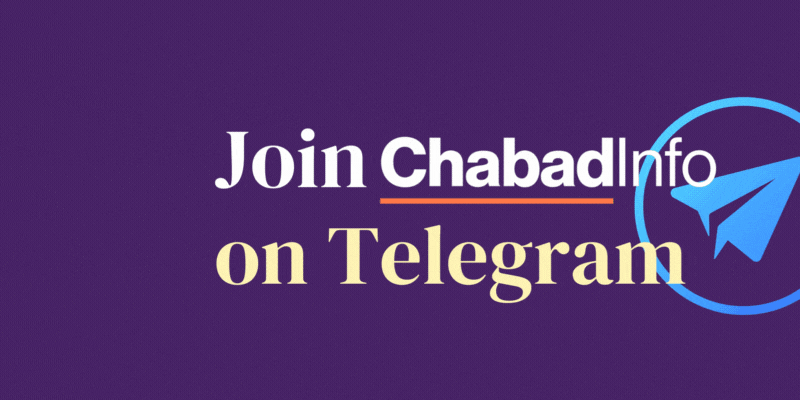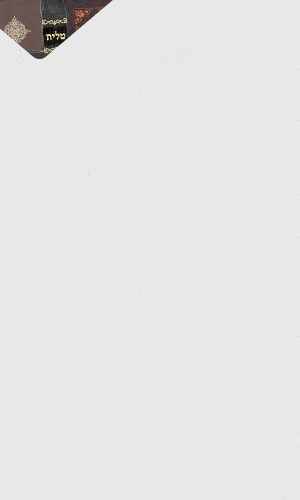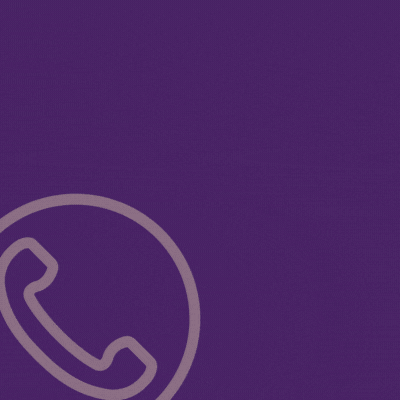Deaf Rabbi Translates Torah Into Sign Language
Israel’s only deaf rabbi is giving a hand to the hard of hearing by translating the entire Torah into sign language. Speaking to the Jewish News from Rishon Lezion in Israel through a sign language interpreter, Rabbi Yehoshua Soudakoff admits that it’s a “big responsibility” to try to make Judaism “accessible and possible” for the 15,000 Israelis who are deaf or hard of hearing and who communicate in sign language. He jokes that he “wishes he had competition.” • Full Story
Times of Israel
Israel’s only deaf rabbi is giving a hand to the hard of hearing by translating the entire Torah into sign language.
Speaking to the Jewish News from Rishon Lezion in Israel through a sign language interpreter, Rabbi Yehoshua Soudakoff admits that it’s a “big responsibility” to try to make Judaism “accessible and possible” for the 15,000 Israelis who are deaf or hard of hearing and who communicate in sign language. He jokes that he “wishes he had competition.”
With a team of dedicated scholars and actors, US-born Chabad rabbi Soudakoff has started the unprecedented, yet “very exciting” task of translating the 24 books that make up the Tanach into visual format, in order to “bring the word to life” for those who are deaf and hard of hearing.
Bringing the stories to life is particularly important, he says, for the 40,000-50,000 Jews who use sign language worldwide, because the Torah is meant to be read aloud, in synagogue, three times a week, to the congregation.
“It is done together, as a community, and that’s how it is meant to be read. It is a shared human experience. That’s really important for deaf people because so many times deaf people are disconnected,” Soudakoff says.
Though Soudakoff describes himself as a statistical “oddity” in that he was born into a deaf family, he says that many children are not so lucky.
“This is not something that is very enabling for many children. Their parents do not have a degree in deaf education, they are starting from scratch, they don’t know how to communicate with their deaf child and so the child may lose out or feel left out,” he says.
This can be frustrating for the child, he says, as the parent “may only have time to give them a brief synopsis rather than the full story. We hope that we will now be able to give them direct access to the source.”
But this undertaking is not an easy one. Soudakoff admits that it is a “very lengthy process.” So far, he and his team have only finished the book of Rus and are halfway through translating both Bereishis and Esther. He estimates the whole process will take him around 15 years.
“Each team requires 2 people both fluent in sign language — one scholar, who can interpret the writing, and an actor, skilled in expressing the words into a visual format,” Soudakoff says. “We then must test out the translation with different people to see if it stands up and they understand it. After that, we video it in a professional studio and in post-production, we add captions, animations, and voiceovers.”
Key to “our language,” he explains, referring to sign language, is that it’s not purely verbal, but also visual. This means the team has encountered some “difficulties with translating the texts, which wouldn’t happen when translating into other languages.” He gives an example from the Book of Rus, highlighting the section where Boaz gives bread to Rus.
“The question is what kind of bread is it? Is it a flat bread? Is it round? Is it pizza-like? That info is not inherent. We don’t have pictures from that time to tell us. The problem with the written word is that it’s not visual, so we have to pick one single way to express that, and the sign for bread could be lots of things, so we are doing lots of archaeological and historical research of the background to make sure we are accurately translating it.”
As well as this project, Soudakoff also runs an international summer camp for deaf and hard of hearing children. The campers come from all over the world and the counselors themselves are deaf, which is intentional, says Soudakoff.
“It is so much more impactful when the campers see that the camp leadership consists of deaf and hard of hearing Jews like themselves,” he says. “They suddenly realize that the sky’s the limit, and deaf people now not only can participate in Jewish life, but also lead and give back to the community.”
57
Join ChabadInfo's News Roundup and alerts for the HOTTEST Chabad news and updates!











































